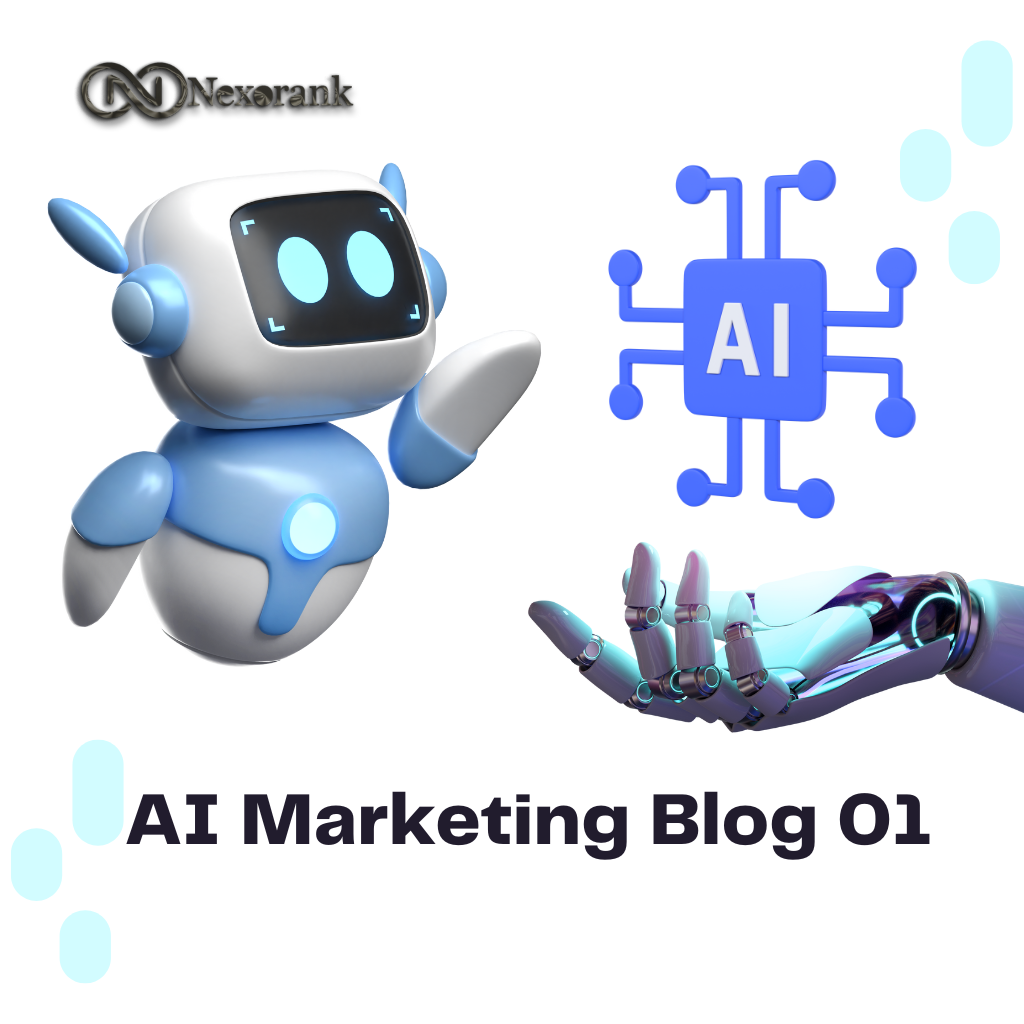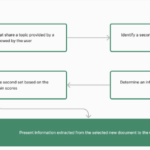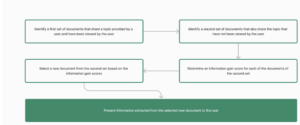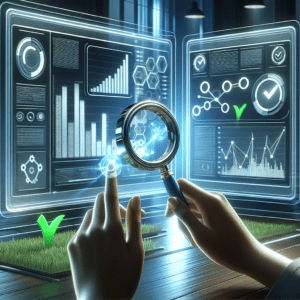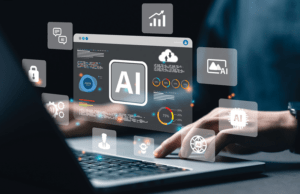In 1955, a junior professor and mathematician at Dartmouth College, John McCarthy, was looking for funding for study aimed at “the long term goal of achieving human level intelligence.” He made up the term “Artificial Intelligence” as part of his pitch to gain funding from the Rockefellers, and titled his paper, “The Dartmouth Summer Research Project on Artificial Intelligence.” In the many decades since then, the idea of artificial intelligence has been of interest to not just computer scientists but the world of entertainment, with many a cautionary tale about artificial intelligence – or AI – in movies and TV. But it’s only in the last few years that AI has begun to make a real impact on the way we live and work.
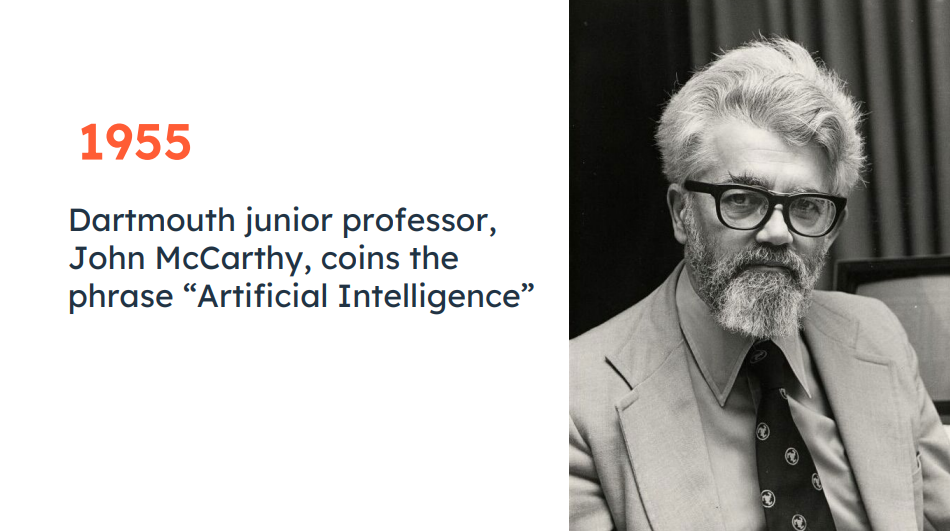
What exactly is artificial intelligence?
Artificial intelligence refers to the simulation of human intelligence in machines, enabling them to perform tasks that typically require human cognitive abilities. These tasks include visual perception, speech recognition, decision-making, and problem-solving. AI-powered systems process and analyze vast amounts of data, learn from patterns and experiences, and make informed decisions or predictions. In contrast, traditional programming relies on predefined rules and instructions to explicitly direct computers on executing specific tasks. It follows a deterministic, non-adaptive approach where outputs depend solely on inputs and hardcoded rules without the ability to learn or improve through exposure to new data.
Since those early days in the 1950s when researchers began exploring the possibility of building machines capable of exhibiting intelligent behavior, AI has experienced remarkable progress. AI technology advancements have been driven by factors such as increased computing power, the availability of large datasets, and improvements in algorithmic techniques.
Kipp Bodnar, CMO, HubSpot: When you think about AI, and its impact on marketing, I don’t know that there’s a part of marketing. It’s not going to touch. I think AI has the ability to deliver, not just personalize, personal experiences which is going to transform our ability to improve our conversion rates on our websites, our emails, and all of our
marketing properties that’s exceptionally exciting.
It’s also going to allow us to create more relevant content and help solve problems and educate our customers on topics that we previously wouldn’t have had the time to do. And so we’d be able to create more and more value for our customers in our community. And that is incredible. It’s also going to aid in data analysis. You’re going to be able to take complex data sets and use AI models to get the insights that you would have had to usually spend hours in Excel on, and instead, just type sentences and get those insights very quickly and get focused more on the marketing strategy and execution and less on the data analysis. I think there are endless ways it’s going to transform marketing, but those are three really big ones.
To better understand AI, it’s essential to familiarize yourself with some common terminologies:

- Machine Learning (ML): This is a subset of AI that involves the practice of using algorithms to parse data, learn from it, and then make a determination or prediction about something in the world. Rather than being explicitly programmed, these systems are “trained” using large amounts of data and algorithms that give them the ability to learn. For example, Amazon uses machine learning to group customers and predict purchasing habits.
- Deep Learning: A subfield of machine learning, deep learning models data with artificial neural networks that are designed to mimic human decision-making and learning abilities. Deep learning can be supervised, semi-supervised, or unsupervised. HubSpot AI, for example, leverages deep learning algorithms to provide more advanced and accurate insights to its users. One key application is in lead scoring, where deep learning models analyze a wide range of data points, such as contact behavior, demographics, and interactions, to predict the likelihood of a lead converting into a customer.
- Natural Language Processing: This is a branch of AI that focuses on the interaction between computers and humans through natural language. The ultimate objective of natural language processing is to read, decipher, understand, and make sense of human language in a useful way. Grammarly is an example of a company that’s using natural language processing to help people communicate more effectively and clearly.
- Artificial Neural Networks (ANNs); Inspired by the human brain, ANNs are algorithms or models within AI that are designed to recognize patterns by interpreting sensory data and using machine perception to label or cluster raw input. They are an effective tool for processing and understanding complex data sets. IBM Watson is using ANNS in the medical field to prompt the diagnosis and propose the best treatment pattern based on the patient’s complaints and concerns.
You may be wondering how these various types of AI technologies help the average marketer. In the field of marketing, over the last few years, AI has enabled marketers to tap into new technologies across the entire customer journey to deliver hyper-personalized experiences at scale. Let’s take a look at some of the possibilities.
AI has revolutionized customer segmentation and targeting.

Large-scale machine learning models analyze mountains of customer data to automatically group audiences based on attributes and predictively target the most responsive segments. Netflix uses deep learning algorithms to analyze user viewing habits and preferences, segmenting its user base into distinct groups. This allows Netflix to provide personalized recommendations and targeted promotional content to individual users, enhancing their experience and increasing engagement. Through deep learning, Netflix has achieved a highly tailored and addictive streaming platform.

Starbucks stands as a prime example of harnessing the power of AI in marketing, specifically through the use of two important technologies: personalization and predictive analytics.
AI-powered personalization leverages deep learning algorithms to fuel highly customized websites, emails, ads, and more tailored recommendations for each individual. In the area of predictive analytics, sophisticated AI models learn customer behaviors and patterns to forecast needs, predict churn, anticipate purchases, and improve upcoming campaigns.
While these technologies are often used separately,
Starbucks combines both these approaches. The company leverages personalization through its loyalty cards and mobile app, which collect and analyze customer data. AI-driven predictive analytics enable personalized marketing messages and recommendations, while a virtual barista service on the app allows voice-command ordering directly from mobile phones.
Jasper.ai vice president of marketing, Megan Keaney Anderson shares additional insight into how companies are using AI to personalize their marketing.
We talk a lot about AI being used to generate new content. But there’s also this whole world in which AI can help you gain enhanced customer insights and sort of personalize your marketing efforts based on data that you have. So the first very simple one is, I’ve seen a lot of companies start to use AI to synthesize market research that they’ve done. Maybe they’ve done a whole collection of customer interviews, and they [want to] figure out what are the big themes coming out of that so that they can give the those insights


